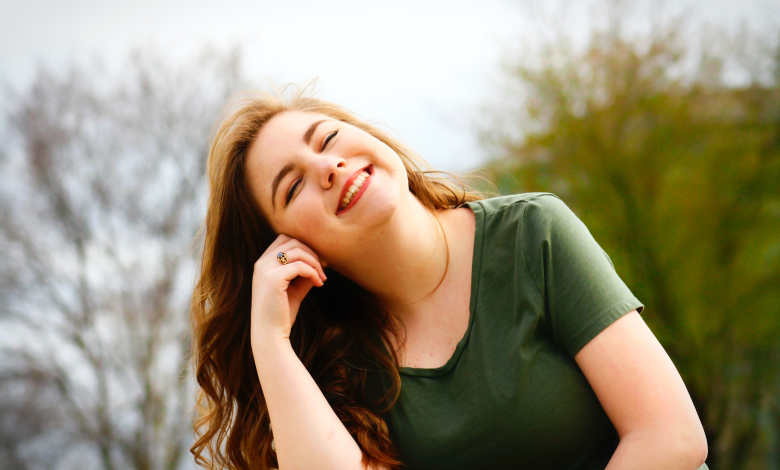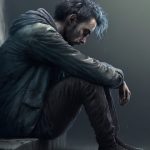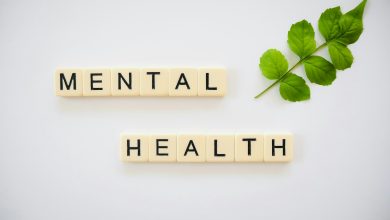The Turning Point: How My Parents’ Decision Saved My Life

Each day felt like a relentless cycle, a monotonous loop of self-destructive habits that I couldn’t seem to escape. It began with a painful self-assessment as I woke up, body checking to gauge the extent of my bloating, a visible consequence of the tumultuous night before.
Surveying the aftermath of the previous evening, my surroundings painted a grim picture – food wrappers, wine glasses, and empty beer bottles scattered around me. There was a sense of urgency to clean up, a desperate attempt to conceal the chaos from myself, if not from the world. If I was fortunate, a bit of wine remained to be squirreled away in the fridge for later. My cat’s presence was a grounding force, a reminder of responsibilities amidst the chaos.
Choosing what to wear felt like an insurmountable task, a reflection of the turmoil within. Rushing through the motions of makeup application, I sought solace in a final act before stepping out the door – smoking a bowl, a fleeting moment of respite.
The journey to work was a foggy walk, both figuratively and literally, shrouded in the remnants of the previous night’s indulgence. At times, the temptation to consume alcohol during lunch hours or even indulge in a bump of a stimulant was difficult to resist, a way to keep the fatigue at bay.
The end of the workday signaled a familiar routine. A visit to the liquor store felt like a clandestine mission, met with the knowing glances of the clerks who had become all too familiar with my presence. Two bottles of wine, a temporary escape, were promptly secured. The supermarket beckoned, where I’d amass a cart full of food, a testament to my other relentless demon – bulimia.
Back at home, the evening ritual began. Pouring a few glasses of wine was the prelude to the real struggle – binge-eating. Food became a crutch, a temporary escape from the harsh realities that plagued my life. Powder, once a delaying tactic, now struggled to hold back the relentless tide of my bulimia.
Hours passed, and the frenzied chaos of the evening gave way to a semblance of order. A run, an attempt to regain some control, often followed. The emptiness within was a persistent void, demanding to be filled. More wine, more lines, the never-ending cycle of numbness and escape.
Occasionally, friends would visit, fellow travelers on the road to addiction. Our shared demons meant that confrontation was rare, and we’d revel in our collective vices, drowning out the sober world that once was. My other friends, the ones who still clung to sobriety, had grown distant, visiting sparingly. In their absence, I’d sneak drinks and lines in my own bathroom, a clandestine act of desperation.
Alone, I’d retreat to the digital realm. Conversations with friends, browsing forums, lurking on IRC, online shopping, or watching Netflix offered a brief respite from the relentless chaos of my existence.
As the night wore on, I teetered on the precipice of consciousness. Passing out was a welcome reprieve, but the dreaded mornings that followed were a stark reminder of the torment that awaited. Sleep remained elusive, a rare luxury that often required the crutch of weed or, more crucially, 20 mg of Ambien. Even then, sleep was an uncertain prospect, a fragile respite in a life consumed by addiction.
My story was a harrowing descent into the abyss, a relentless cycle of self-destruction. Each day seemed like a battle, one where I struggled to regain control, but hope remained distant, obscured by the fog of addiction.
The days blurred together in a never-ending cycle of addiction, a relentless descent into the abyss that I couldn’t escape on my own. But even amidst the chaos, there was a glimmer of hope, a flicker of concern from someone who cared deeply for me.
One day, my parents, burdened by the weight of worry and fear for my well-being, decided that enough was enough. They could no longer stand idly by, watching as their child’s life unraveled before their eyes. My mother and father, driven by a deep love and concern for me, made the difficult decision to intervene.
Their decision was a lifeline, a beacon of hope in the darkness that had come to define my existence. They recognized that my struggle with addiction had spiraled beyond my control, and that my life hung in the balance. With a heavy heart, they staged an intervention, a collective effort to confront the monster that had taken hold of their child.
The intervention was a moment of reckoning, a painful yet necessary confrontation with the reality of my addiction. Supported by friends and family, they implored me to seek help, acknowledge the depth of my struggles, and embrace the possibility of recovery. It was a plea for me to choose life over the relentless grip of addiction.
In that moment, faced with the love and concern of those who mattered most, I had a choice to make. The decision was not an easy one, for addiction had become a familiar companion, a dark comfort in my life. But their unwavering support and belief in my capacity to change stirred something within me.
With a heart heavy with remorse and a glimmer of hope, I made the choice to accept their help and embark on a journey of recovery. It was a path fraught with challenges, a battle against the demons that had plagued me for so long. But it was also a path illuminated by the love and support of my family, a testament to the power of compassion and the possibility of redemption.
The road to recovery would be long and arduous, marked by moments of doubt and relapse. Yet, with the unwavering support of my parents and the determination to rewrite my story, I began to take the first steps toward healing. Their decision to say “enough” was the catalyst for change, a turning point in a life that had teetered on the brink.
As I reflect on those pivotal moments, I am filled with gratitude for their courage and love. Their intervention was an act of love, a testament to the enduring bonds of family, and a reminder that even in the darkest of times, there is hope for a brighter future.





